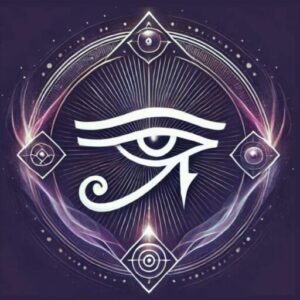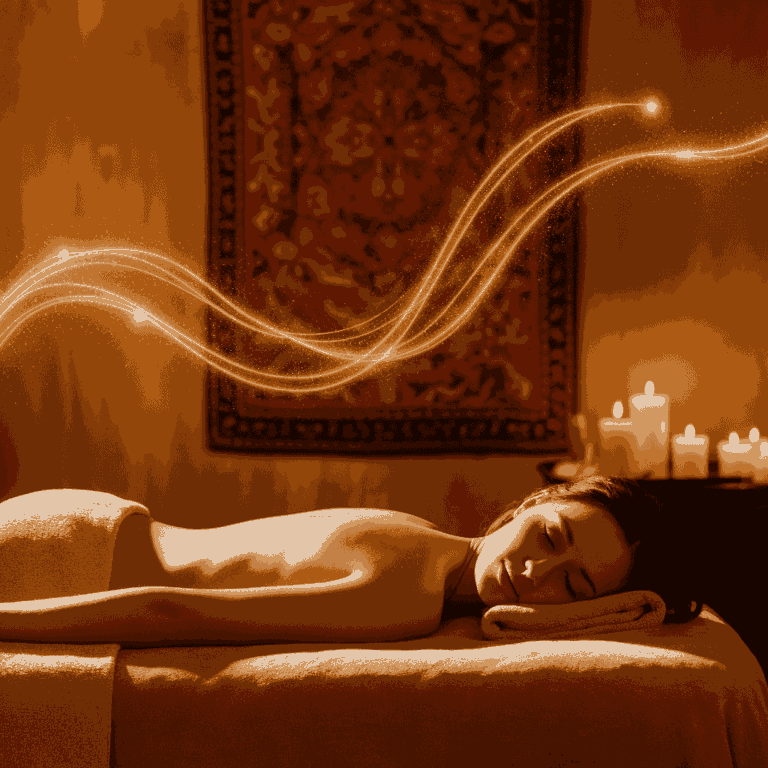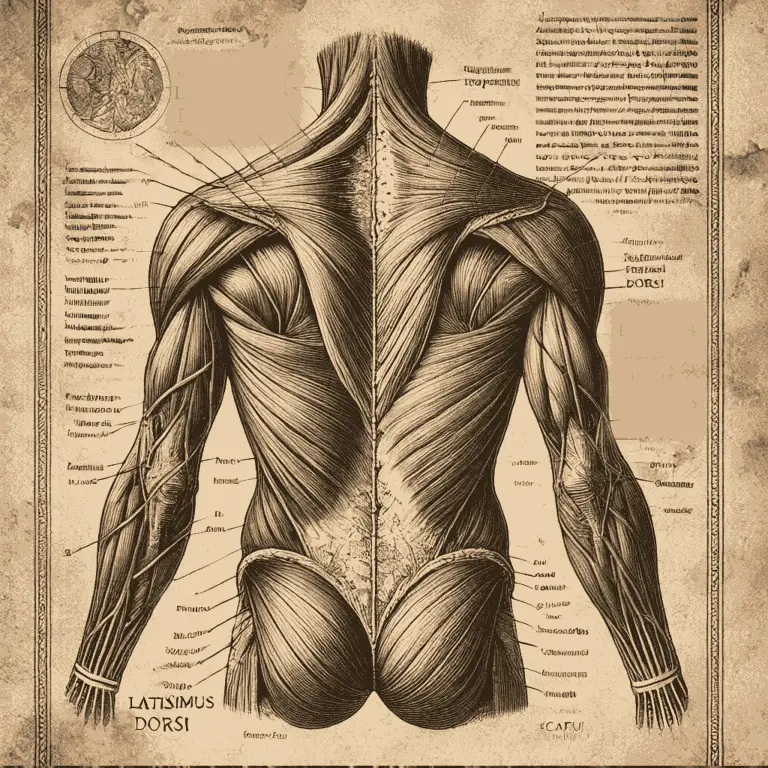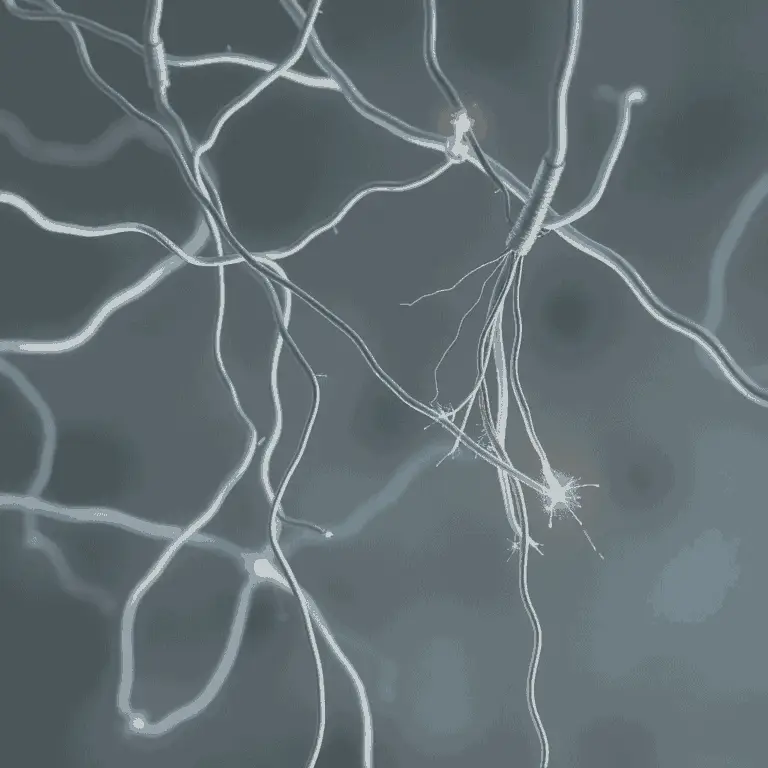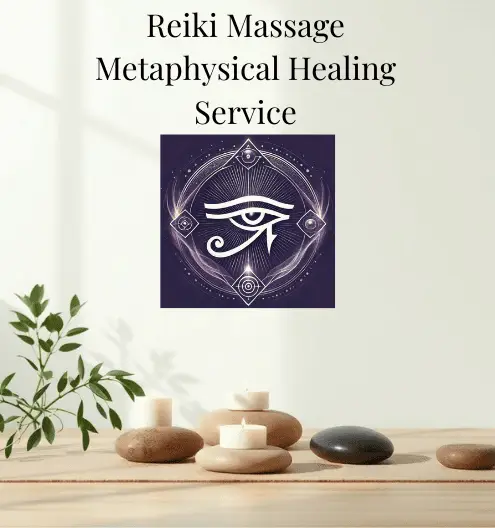
Over the years, Reiki has gained attention as a holistic healing practice, but it also faces scrutiny from the scientific community. Investigating the concept of Reiki, questions arise about its efficacy and mechanisms. Critics often cite the lack of empirical evidence and reliance on anecdotal claims, fostering a dialogue between proponents of alternative therapies and skeptics grounded in scientific methodology. This blog post aims to explore the intersection of Reiki and scientific skepticism, illuminating both perspectives on this controversial healing method.
Understanding Reiki
To appreciate the nuances of Reiki, it is imperative to explore its definition and underlying principles. Reiki is a form of energy healing that involves practitioners channeling energy to the recipients, typically through light touch or at a distance. This technique is based on the belief that a universal life force energy flows through all living entities and that disruptions in this energy can lead to physical and mental ailments. Practitioners aim to restore balance and harmony by facilitating the flow of this energy, promoting healing and well-being in the individual receiving treatment.
Definition and Principles
Principles of Reiki are rooted in the idea that the human body possesses an innate ability to heal itself, and that Reiki serves as a complementary therapeutic mechanism to assist this process. Practitioners often work with energy fields that surround and penetrate the body, which they refer to as the aura. They use various hand positions, breathwork, and meditative practices to enhance the flow of healing energy. This practice emphasizes relaxation, mindfulness, and an open mindset, allowing for the potential to achieve emotional and physical improvements, as indicated by studies that show positive outcomes in pain management, stress relief, and overall well-being.
Historical Context
Understanding Reiki’s historical context reveals its origins in Japan during the early 20th century. Developed by Mikao Usui, Reiki emerged as a holistic healing practice focused on restoring balance to the body and mind. Usui sought to create a practice that was accessible to everyone, allowing individuals to benefit from energy healing regardless of their prior knowledge or experience. Over the decades, its adoption spread internationally, leading to diverse interpretations and adaptations while maintaining core principles of energy healing.
Plus, Reiki’s integrative approach to health resonates with many individuals seeking alternative therapies alongside conventional medical treatment. As awareness of holistic healing methods increases, Reiki continues to gain recognition for its potential therapeutic effects, supported by a growing body of research that evaluates its impact on various health conditions, including pain management and mental health. This historical background not only enriches the understanding of Reiki but also highlights the ongoing interest in exploring how such practices can complement modern medicine.
The Scientific Perspective
Even as Reiki continues to gain popularity among practitioners and patients alike, it faces skepticism from the scientific community. Critics often highlight the lack of a clear mechanism underlying Reiki’s purported benefits, raising questions about its legitimacy as a therapeutic intervention. While many individuals report positive experiences and improvements in their well-being, the scientific standpoint emphasizes a need for rigorous testing and validation of these claims through consistent, empirical research.
Current Research Findings
With an increasing number of studies examining Reiki’s effects, there is a growing body of evidence suggesting its therapeutic potential. For instance, research has shown that Reiki can aid in pain management, stress reduction, and improvements in mental health conditions, as noted in studies by Vickers et al. (2006) and Field et al. (2007). These findings indicate that, while the mechanisms may remain unclear, the positive health outcomes associated with Reiki warrant further exploration and consideration within complementary therapies.
Limitations in Scientific Studies
Below the surface of promising research, the scientific inquiry into Reiki encounters several limitations that may affect the validity of findings. Many studies suffer from small sample sizes, lack of control groups, and reliance on subjective self-reports, which can introduce bias into the results. The variability in Reiki practices and individual responses also complicates the establishment of standardized protocols for testing.
It is necessary for researchers to address these limitations to build a more robust understanding of Reiki’s efficacy. As studies like those conducted by Anderson et al. (2012) and Griffiths et al. (2013) demonstrate benefits, a major challenge remains in creating rigorous methodologies that can control for placebo effects and ensure that Reiki’s positive impacts are distinguished from other confounding variables. This careful approach will ultimately help bridge the gap between anecdotal evidence and scientific validation in the field of energy healing.
Common Skepticism Towards Reiki
There’s a growing discourse surrounding the efficacy of Reiki, particularly among scientific skeptics who question its validity as a therapeutic practice. This skepticism often stems from a belief in evidence-based medicine, which prioritizes treatments supported by rigorous scientific research. Many critics argue that the anecdotal benefits reported by Reiki practitioners and recipients do not satisfy the demands for empirical data, leading to doubts about its reliability as a treatment option for health conditions.
Placebo Effect Debate
Between the varied accounts of success in Reiki therapy, a significant point of skepticism arises from the notion that any observed benefits may be attributable to the placebo effect. Critics of Reiki often highlight that patients who believe in the potential of Reiki healing may experience genuine improvements in their conditions simply because they expect positive outcomes. Research has shown that belief and expectation can play powerful roles in the healing process; therefore, it remains a challenge to separate real therapeutic effects from those induced by psychological factors. This ongoing debate calls for more nuanced studies that can adequately measure the impact of Reiki against rigorous placebo-controlled conditions.
Lack of Mechanistic Understanding
Towards the understanding of Reiki’s potential benefits, a key point of contention among skeptics is the absence of a clearly defined mechanism by which Reiki operates. While numerous studies, such as those conducted by Vickers et al. (2006) and Field et al. (2007), indicate positive effects on pain management and mental health, they emphasize the need for further exploration into how these benefits are achieved. Without a known biological or physiological basis for Reiki’s effects, skeptics argue that it is difficult to substantiate its claims as a legitimate therapeutic modality.
Effectively addressing this skepticism requires more comprehensive research into the underlying mechanisms that may contribute to Reiki’s reported outcomes. Investigating the interaction between energy fields, the physiological responses triggered during treatment, and the psychological aspects of healing could shed light on how Reiki may influence well-being. Researchers may need to employ advanced imaging techniques and physiological measures in their studies to elucidate these connections more clearly.
Case Studies and Anecdotal Evidence
Exploration of Reiki’s effectiveness often reveals a landscape populated with both compelling case studies and personal testimonials. Numerous studies illustrate the potential benefits of Reiki, suggesting that it may serve as a valuable adjunct to traditional medical treatments. A breakdown of significant findings includes:
- Vickers et al. (2006): Demonstrated a significant reduction in pain intensity for chronic pain patients receiving Reiki, indicating an improvement in overall well-being.
- Anderson et al. (2012): Highlighted a marked decrease in stress and anxiety levels among healthcare workers who participated in Reiki sessions, showcasing its potential to mitigate workplace stress.
- Field et al. (2007): Found that patients with depression reported substantial reductions in depressive symptoms following Reiki treatment, emphasizing its role in mental health support.
- Griffiths et al. (2013): Showed that cancer patients receiving Reiki experienced reductions in pain and anxiety, ultimately enhancing their quality of life during palliative care.
- Tsang et al. (2007): Indicated improved sleep quality for patients with sleep disturbances, suggesting a relationship between Reiki and better circadian regulation.
Positive Outcomes from Practitioners
Practitioners of Reiki often affirm the therapeutic benefits their clients experience, which can range from physical relief to emotional clarity. Many practitioners report anecdotal evidence from clients who describe profound experiences during sessions, often citing immediate feelings of warmth, relaxation, or emotional release. Additionally, these practitioners note that their clients frequently return for follow-up sessions, which may suggest a perceived effectiveness in their healing journey.
Furthermore, practitioners have documented numerous instances in which clients have expressed lasting positive changes in their physical or mental states post-treatment. For many, the commitment to complementary healing approaches like Reiki appears to be driven by the anecdotal successes and the reported transformative experiences of others, reinforcing the potential value of these energy healing sessions in maintaining holistic health.
Contradictory Findings
Positive outcomes from some studies and practitioner testimonials contrast with skepticism about Reiki’s efficacy, as certain researchers highlight the importance of recognizing the placebo effect. While positive outcomes are often reported, skeptics argue that a patient’s belief in the treatment may significantly influence perceived benefits. Thus, Reiki’s positive therapeutic claims are often met with scrutiny, particularly within scientific circles where empirical evidence is paramount.
For instance, some studies have indicated that while patients feel better after Reiki sessions, such improvements could stem from psychological factors known as the placebo effect, rather than the healing energy of Reiki itself. This raises questions about the validity of the findings and whether further rigorous research is needed to substantiate the supplementary role of Reiki within the healthcare framework. Additionally, randomized controlled trials with larger sample sizes may provide a clearer understanding of its true efficacy and lead to more reliable conclusions. These contradictory findings highlight the need for a balanced perspective when considering the integration of Reiki into medical practices.
Integrating Reiki into Conventional Medicine
For many healthcare professionals, integrating Reiki into conventional medicine presents a forward-thinking approach that aligns with the growing interest in holistic health practices. As a complementary therapy, Reiki has begun to find its footing within clinical settings, where it offers potential benefits in areas such as pain management, stress reduction, and mental health improvement. The body of research supporting Reiki, including studies highlighting its effectiveness in reducing pain for chronic conditions like arthritis (Vickers et al., 2006) and easing anxiety among healthcare workers (Anderson et al., 2012), suggests that it may enhance overall patient care and wellbeing.
Acceptance in the Medical Community
On one hand, the acceptance of Reiki within the medical community is gradually evolving, as more healthcare providers recognize the potential of integrating complementary therapies alongside conventional treatments. Physicians and practitioners increasingly acknowledge patients’ interest in non-pharmaceutical options for healing, leading to a more open dialogue about the role of therapies such as Reiki. Patients often seek these alternative methods as adjuncts to traditional care, particularly for managing chronic pain or mental health challenges where conventional approaches may have limitations.
Challenges and Opportunities
The integration of Reiki into mainstream medicine does face challenges, largely stemming from skepticism among some medical professionals regarding the scientific validity of its effects. While studies have shown positive outcomes for Reiki recipients, such as improved sleep quality and reduced anxiety (Tsang et al., 2007; Field et al., 2007), the underlying mechanisms remain not fully understood, leading to hesitance in broader acceptance. The perception of Reiki as purely a placebo effect also diminishes its standing within more rigorous medical contexts.
Plus, there are significant opportunities for advancing understanding and acceptance of Reiki as research continues to evolve. Greater investment in rigorous, well-designed studies could help elucidate the physiological and psychological mechanisms behind Reiki’s benefits. Additionally, interdisciplinary collaboration between Reiki practitioners and medical professionals can foster a more integrated approach to patient care, ultimately enhancing treatment outcomes and meeting the diverse needs of patients seeking holistic options.
Future of Reiki Research
Unlike many established medical treatments, Reiki continues to face skepticism from the scientific community due to its unconventional methodology and belief systems. However, an increasing volume of research is emerging that suggests Reiki may offer tangible benefits for physical and mental health. Studies have indicated that Reiki can alleviate pain, reduce stress, and improve overall well-being. Furthermore, recent findings have proposed that Reiki’s effects may extend beyond mere placebo responses. One such study asserts that Reiki Is Better Than Placebo and Has Broad Potential as a Therapeutic Intervention, highlighting the need for ongoing research to further explore its therapeutic applications across various health contexts.
Directions for New Studies
Studies into Reiki should aim to clarify its mechanisms and establish standardized protocols for treatment. Future research could explore different variables, such as the length and frequency of Reiki sessions, as well as the qualifications of practitioners, to determine how these factors influence outcomes. Moreover, larger-scale randomized controlled trials are necessary to further substantiate the results reported in early studies, particularly in diverse populations with varying health issues.
Possible Impacts on Holistic Health
Above the scientific examination lies the potential for Reiki to significantly impact holistic health practices. As healthcare paradigms shift towards more integrative approaches, Reiki may offer complementary benefits alongside conventional medical treatments. The holistic model emphasizes the balance of physical, emotional, and spiritual well-being, making Reiki’s energy-focused principles particularly fitting in this framework. By addressing not only symptoms but also the underlying stresses that contribute to various health conditions, Reiki practitioners can help foster a more comprehensive understanding of wellness.
This evolving research landscape presents a unique opportunity to integrate Reiki into broader health strategies, potentially enriching patient care and improving health outcomes. By aligning Reiki with holistic health principles, patients could experience enhanced quality of life through personalized, multidisciplinary approaches to treatment that consider individual emotional and psychological needs, as evidenced by studies showing its effectiveness in stress reduction and mental health support.
Reiki vs. Scientific Skepticism
Considering all points, it is evident that Reiki continues to exist at the intersection of alternative therapies and scientific scrutiny. One may note that while numerous studies have reported positive outcomes associated with Reiki, skeptics often emphasize the lack of a clear scientific mechanism explaining how it works. One may highlight that much of the evidence supporting Reiki relies on subjective reporting from participants, leading them to consider the possibility of the placebo effect influencing the results. Consequently, they may assert that further rigorous research is necessary to establish the efficacy of Reiki within the framework of conventional medicine.
Additionally, those who advocate for Reiki argue that its benefits cannot be wholly dismissed, as many individuals experience significant improvements in their health and well-being. He may point out that integrating Reiki into a holistic approach to health may yield complementary advantages alongside traditional medical treatments. One could conclude that as the body of research continues to grow, they will likely observe an evolving understanding of Reiki, which may enhance its acceptance among the medical community and foster a more comprehensive view of health that encompasses both scientific and holistic perspectives.
Experience Reiki Healing in Olympia, WA. Book a Session today
